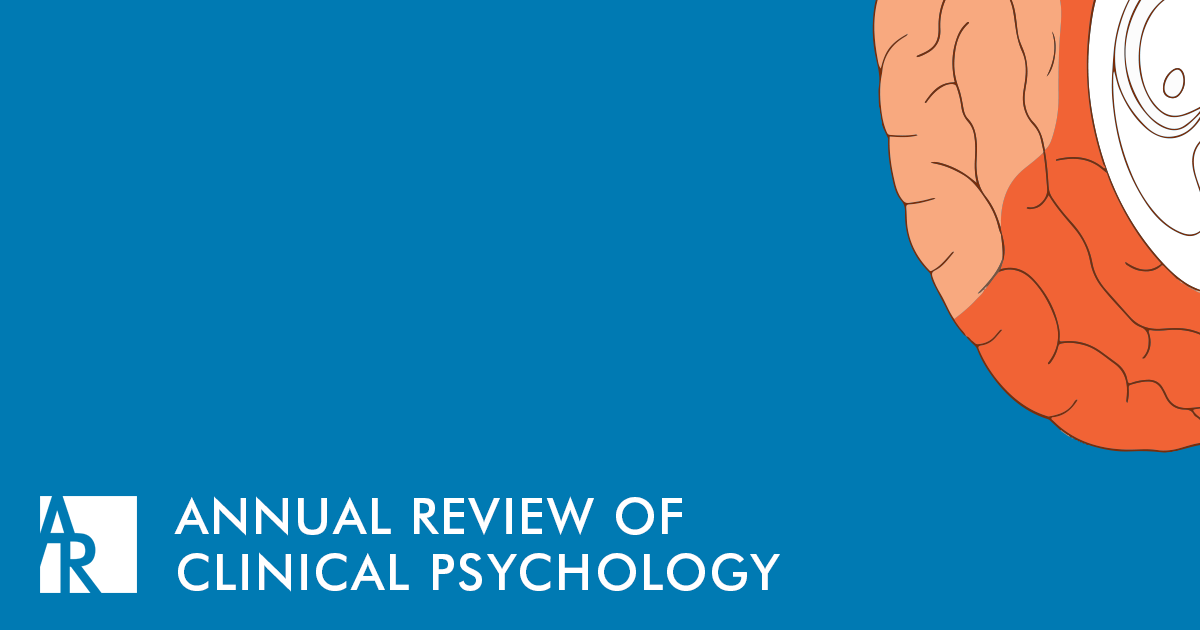Going down the rabbit hole of what diagnoses are "genuine" or not really gets into more philosophical questions regarding the nature of mental disorder. Most psychiatric diagnoses are manufactured or invented. Most psychiatrists don't question the veracity of PTSD despite this being a diagnosis that was invented in the 1970s and gained traction for sociopolitical reasons as an indictment of the Vietnam War and a recognition of the war that women were fighting in their own homes involving sexual abuse, rape, and domestic violence. Schizophrenia is also not a legitimate disease entity and there are enormous problems with the concept of schizophrenia as a unitary phenomena. Much of the contemporary conception of schizophrenia is still neo-kraeplinian. You know we're in trouble when we're still relying on a century old model of madness.
The question in my mind is not whether a specific diagnostic construct is "real", but whether they are useful. We already know that the reliability and validity of almost all psychiatric diagnoses is laughably poor. However we continue to rely on common categories of mental disorder but they are a little bit useful in terms of communicating in shorthand and guiding treatment.
I love your posts, splik, but I think I disagree with your claim about schizophrenia and I'd like to explore this further because I think it is important.
Let me lay out my viewpoint and perhaps you can tell me where you differ. I believe that the DSM-5 definition of schizophrenia is supported by a large body of clinical and research evidence and it is useful for guiding treatment. In this definition, schizophrenia is conceptualized as a disease or disorder (i.e., a clinical syndrome with biological underpinnings). Symptom severity is conceptualized as on a spectrum, with no one symptom or sign being diagnostic of schizophrenia. The symptoms must cause distress or impair functioning. Crucially, there must be a significant decline in functioning relative to the person's premorbid functioning; this cognitive decline is very much a Kraepelinian notion.
The definition delimits the construct of schizophrenia, such that some disorders that may appear similar (e.g., schizotypal disorder, brief psychotic disorder, and psychotic disorder due to another medical condition) are generally excluded from the diagnosis. The criteria incorporate positive symptoms (e.g., hallucinations, delusions, disorganized speech), negative symptoms (e.g., avolition, asociality), and cognitive symptoms (e.g., disorganized thinking, thought disorder, anosognosia). With diagnostic specifiers, the criteria can also incorporate mood symptoms (e.g., depressive symptoms, mood lability) that have been found to be empirically related to the disorder. The definition is broad enough to allow individual variation in the presentation of the disorder but strict enough to exclude some other disorders that may appear similar. Obviously, the definition is far from perfect and should continue to be refined, but I'm not sure what makes you claim that is not legitimate.
The notion that because a diagnostic model has been around for a century, we are "in trouble", is ridiculous and indeed backwards. The diagnostic model also helps clinicians, patients, families, and society at large to recognize that schizophrenia is a biological disorder and not a moral or spiritual failing.
If the diagnosis of schizophrenia is not legitimate, then how does it have a heritability of 60-80%?
How do people with the highest centile of polygenic risk score for schizophrenia have an odds ratio of 39 for the disorder compared to people with the lowest centile and 5.6 compared to the remaining 99% of individuals?
I do agree however, that the term "schizophrenia" of course has been and sometimes continues to be overused and misused, and that many patients in the community who are diagnosed with schizophrenia do not have what would be called schizophrenia in a more strictly defined research setting.
I am motivated to continue to learn and I want to know where I am misguided. I would appreciate any insight or pointers you can provide.


